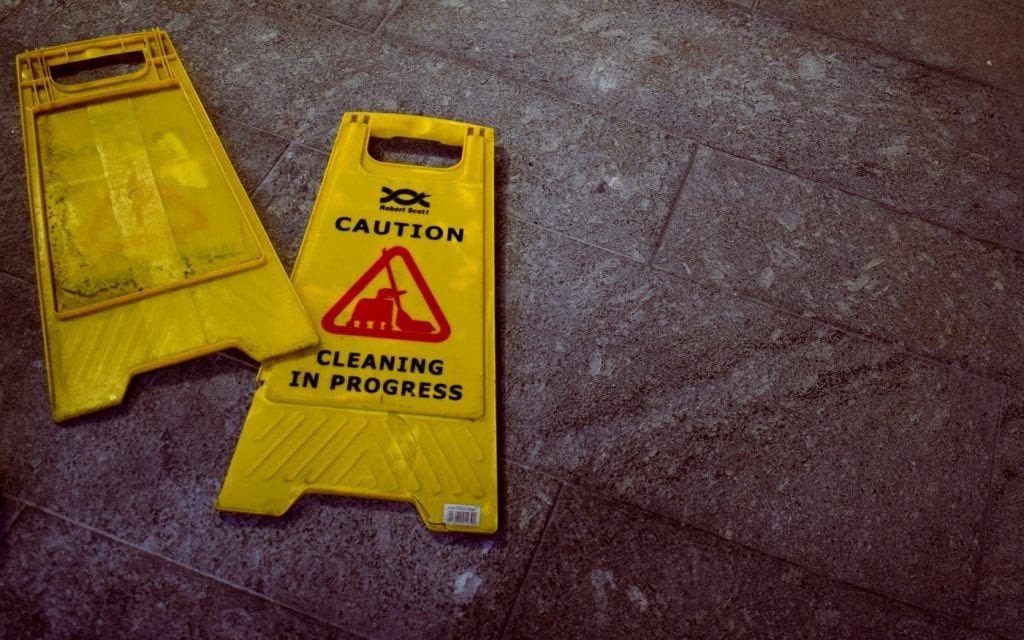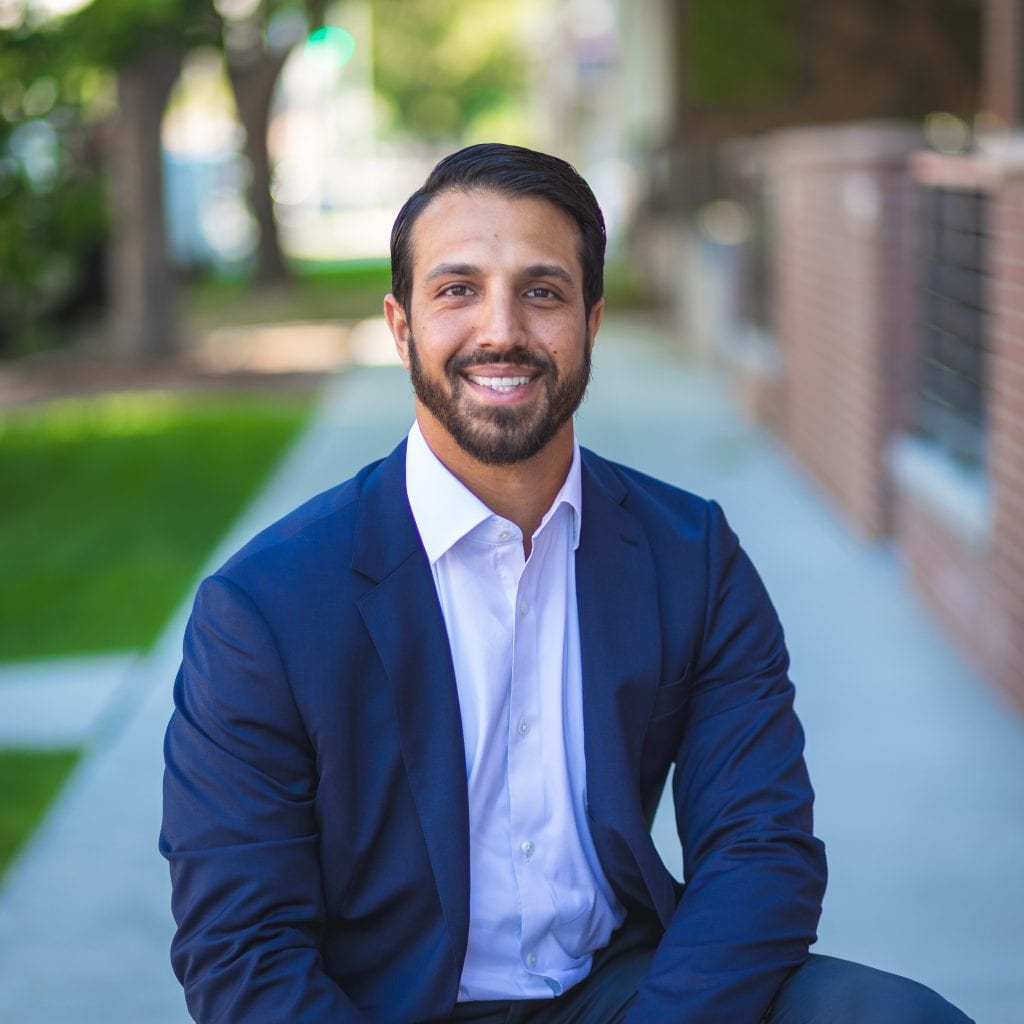- (303) 807-4274
- info@coinjurylaw.com
- Mon - Fri: 9:00 AM - 5:00 PM
Premises liability comes into play when an unsafe or defective condition on someone’s property causes injury to another person. If you were injured while on someone else’s property, the property owner may be liable for your damages.

A variety of cases, involving negligence, fall under the category of premises liability.
The most common types include:
Under Colorado law, if you’ve been injured on property belonging to another person, you have the right to sue the landowner for injuries.
Colorado Law defines the landowner as the authorized agent or person who owns the property and is legally responsible for the condition of the property, the activities conducted on the property, or the circumstances existing on the property.
Some examples of landowners are:
Liability in premises liability cases is established under two legal doctrines: negligence and strict liability.
1) Negligence: A legal concept that involves an at-fault party who owes a plaintiff a duty of care, breaches that duty, and causes damages to the plaintiff as a result of his or her negligence. All premises liability claims involve negligence.
2) Strict Liability: A legal concept in which the injured person is entitled to bring a civil action for economic damages against the property owner; the injured party does not have to prove negligence.
A property owner does not have to commit an act of negligence in order for you to pursue a premises liability case against them. The property owner may also be found liable if the owner fails to respond to a preventable hazard that led to your injuries.
An injured person is granted one of three legal statuses in a premises liability case. Your status determines the standard of care you receive in a legal action. The three options are: 1) trespasser, 2) licensee, and 3) invitee.
A trespasser enters or remains on the land of another without the landowner’s consent. This person has not been invited and is not allowed on the property.
A licensee enters or remains on the land of another for the licensee’s own convenience or to advance his own interests. The landowner has given the licensee permission to be on the property. Most social guests in your home fall under the licensee status.
An invitee enters or remains on the land of another to transact business or in response to the landowner’s expressed or implied request. An example of an invitee is someone who shops at a grocery store. This category also includes areas open to the public.
The judge in a premises liability case determines the legal status of the individual pressing charges. The judge takes into account the circumstances under which the person was on the property, the likelihood of the accident, and the landowner’s efforts to warn visitors of any danger.
Your legal status at the time of the accident (trespasser, licensee or invitee) determines the damages you are eligible to recover. We can advise you regarding the circumstances of your case and give an informed perspective of what you can expect if we take your case to court.

If you’ve been injured on someone else’s property, hiring legal representation will increase your chances of receiving the settlement you deserve. The property owner will most likely hire an attorney to represent them in your case. We can help you uncover the evidence required to prove that the property owner had prior knowledge of the hazard that led to your injury.
We can also help you understand the full value of your case. Making a statement prematurely to the insurance company—without first consulting with an attorney—can lead to problems as the case unfolds. We can help you understand how to talk with insurance adjusters and other parties involved in the case to protect the value of your claim.

